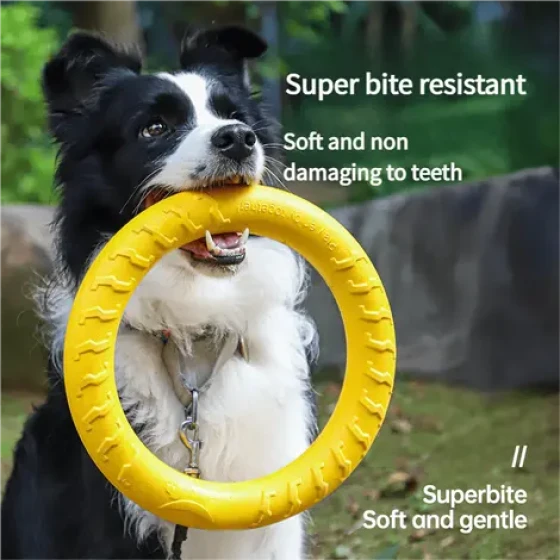Dogs All Have a Strong Possessiveness

German Shepherd (Detailed Introduction)
Dogs' possessiveness refers to their desire to possess the surrounding environment and things. Usually, dogs have very strong possessiveness, sometimes they do not even allow their owners to touch their "private property." There are mainly three types of possessive psychology in dogs—territory possession, object possession, and protection.
1. Territory Possession
Dogs generally attach great importance to their living environment. Whether at home or outside, they will mark their territory with urine. Marking territory has two benefits: first, the familiar scent gives dogs a sense of security and belonging; second, the scent of urine is a warning to other dogs or animals—this is my territory, do not easily trespass.
2. Object Possession
After delineating territory, dogs will re-examine every object within their area. Once they stamp an item as "belonging to themselves," they will protect these objects fiercely from being infringed upon by others or other animals. Some dogs will hide food or toys given by their owners and refuse to share with companions. Some dogs even consider the owner as part of their "private property," requiring consent before anyone or any animal can approach.
3. Protection
During estrus, male dogs protect their own and their mate’s residence, keeping other dogs away. After the female gives birth, the male dog also takes on the responsibility of protecting the puppies. Moreover, dogs also have a protective instinct towards their owners; almost every dog will sacrifice their life to protect their owner. That is why we often see news reports of dogs risking their own safety to save their owners. You may have many dogs in your lifetime, but a dog has only you in theirs, so we must cherish these loyal friends to humans.





